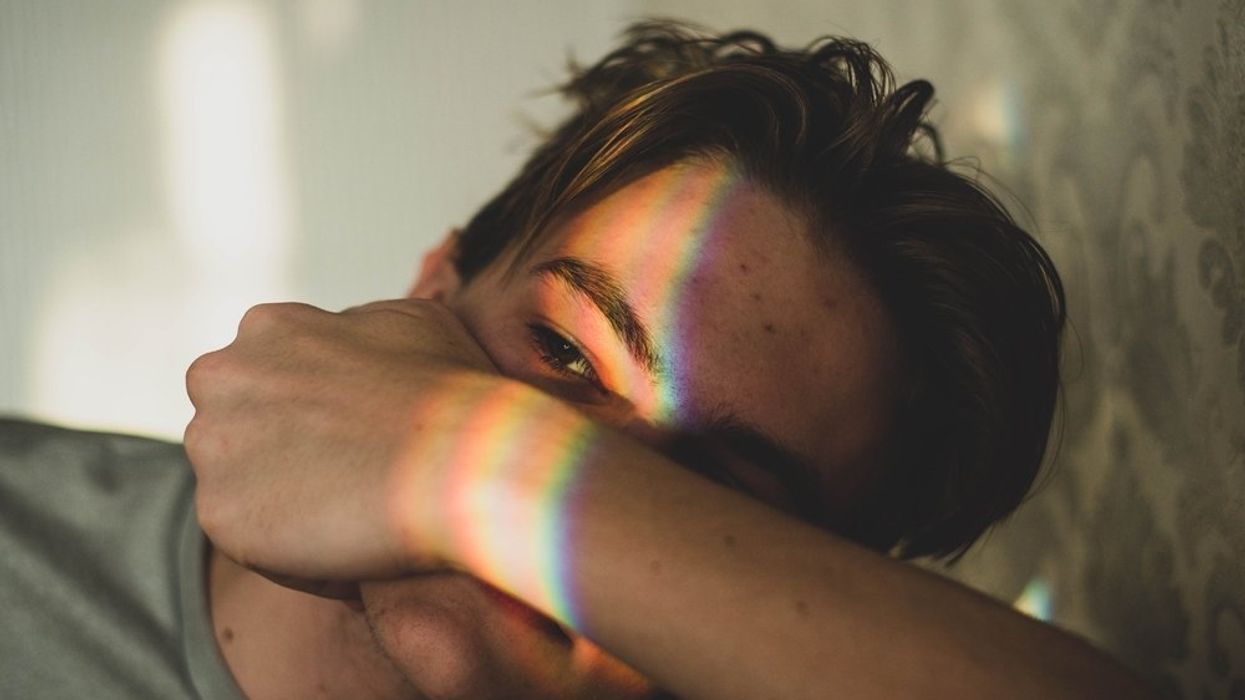United States Surgeon General Dr. Vivak Murthy said Tuesday that loneliness is an epidemic, and is as dangerous to one’s health as smoking 12 cigarettes daily.
A persistent social problem for marginalized people who are members of the disabled, queer, and elderly communities, loneliness was magnified by the recent Covid-19 pandemic as quarantine and social isolation became mandatory throughout the world. In an 81-page report, Dr. Murthy wrote that about half of US adults experience loneliness.
In an interview with the Associated Press, Dr. Murthy said, “We now know that loneliness is a common feeling that many people experience. It’s like hunger or thirst. It’s a feeling the body sends us when something we need for survival is missing. Millions of people in America are struggling in the shadows, and that’s not right. That’s why I issued this advisory to pull back the curtain on a struggle that too many people are experiencing.”
While social connections can promote overall health, social isolation can have devastating health consequences. A 2020 study by the National Academies of Sciences, Engineering, and Medicine found that social isolation and loneliness is indicated in premature mortality, on par with other risk factors like high blood pressure and obesity. For members of the LGBTQ+ community who already face additional barriers to health and wellness, the added pressure of social isolation can be impossible to overcome.
Several factors are involved when it comes to queer people who are socially isolated. Many LGBTQ+ elders lost friends and loved ones to the HIV epidemic of the 1980s and 1990s, which further stigmatized the community and pushed it to the fringes of society.
Youths who have been pushed out of their families of origin may struggle to access higher education, which creates further barriers to proper health care (including mental health care), adequate employment, and community involvement. Being shunned by one’s family of origin can have profound and lifelong consequences on an individual’s sense of self and worth, which can make finding and maintaining future social bonds even more challenging.
Americans tend to prioritize rugged individualism and DIY mentality, but the research reveals that loneliness can increase the risk of death by 26 percent. Disconnection has led to a more polarized America, which compounds all problems that arise in isolation.
There is always something we can do to help: in addition to reaching out in person to our friends, loved ones, colleagues, and neighbors, organizations like the Coalition to End Social Isolation & Loneliness are advocating on the state and federal levels to help bring us all back together and end the epidemic of loneliness in America.


















































